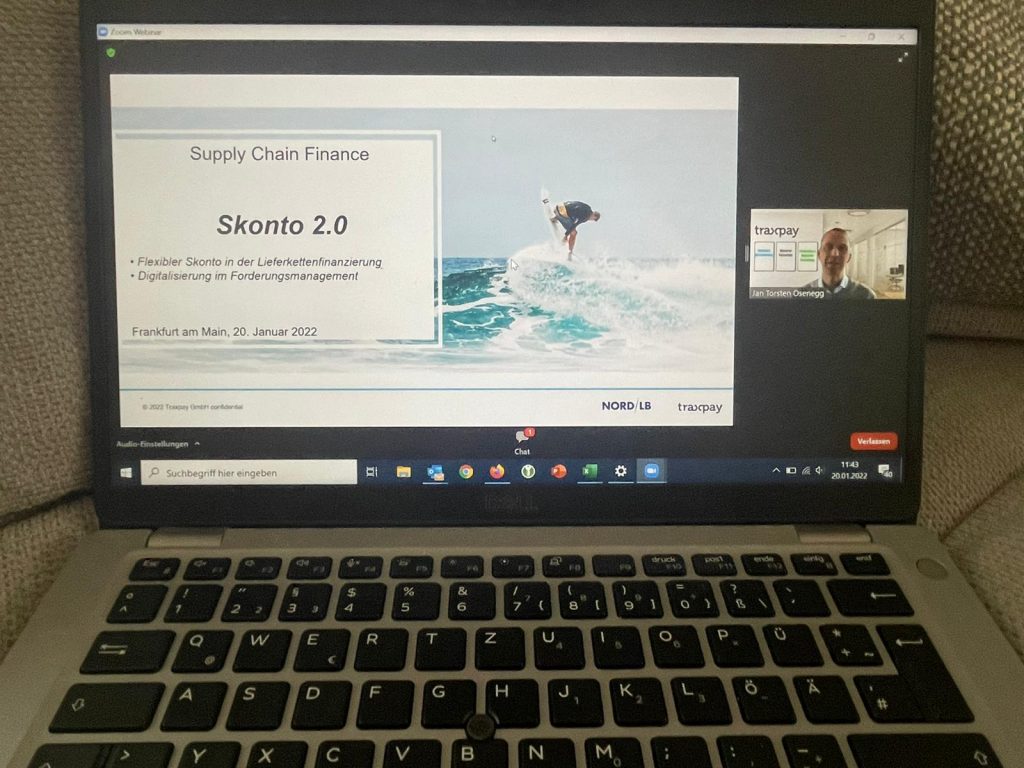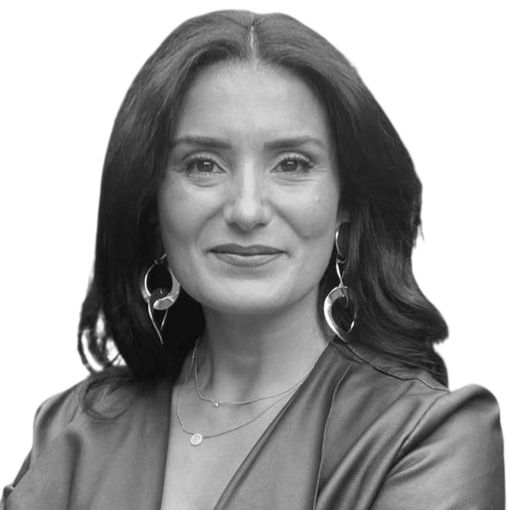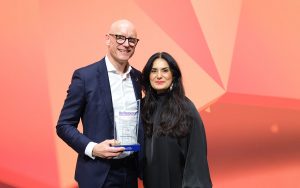
The coffee market is developing dynamically and the pandemic is accelerating progress in the areas of sustainability and digitalization. Supply Chain Finance programs contribute to procurement security and better customer-supplier relationships.
At the virtual coffee congress, Christian Lips, Chief Economist at NORD/LB, presented his outlook for 2022: While companies complain about supply bottlenecks and shortages of materials as well as equipment, and the impact on production may continue well into the current year (in some industries even into next year), the order backlog is at record levels. There is also hope for the coffee sector: Lips expects a strong catch-up effect in private consumption as soon as the burdens of the pandemic and the shortage problem ease. On the financial markets, market participants would have to prepare for further increases in interest rates in the medium term. High energy prices and persistent inflationary pressure call for a reversal of monetary policy in the near future; at least in the U.S., Lips expects the monetary authorities to initiate a turnaround in interest rates in the near future.
Subsequently, Traxpay‘s Head of Finance Jan Osenegg presented the “Skonto 2.0”: is a dynamic cash discount that is calculated on a daily basis based on an annual interest rate. The process is made possible by platforms that orchestrate this optimally for all parties involved. If required, the supplier receives his money earlier for a small discount. The transparent conditions ensure fair cooperation and stable customer-supplier relationships. Financing is provided either by the company’s own liquidity (especially in turbulent times many companies have built up a liquidity buffer) or by the house bank.
This also closes the circle to the megatrends of digitization and sustainability: within the scope of the programs, buyers can financially incentivize sustainable suppliers to make supply chains more resilient and additionally contribute to the achievement of their ESG goals. Successful digitization is characterized by making the entire process fully automated – without the need for manual intervention.
Many thanks to the German Coffee Association, NORD/LB, Christian Lips, Thorsten Marten, and Jan Osenegg!



